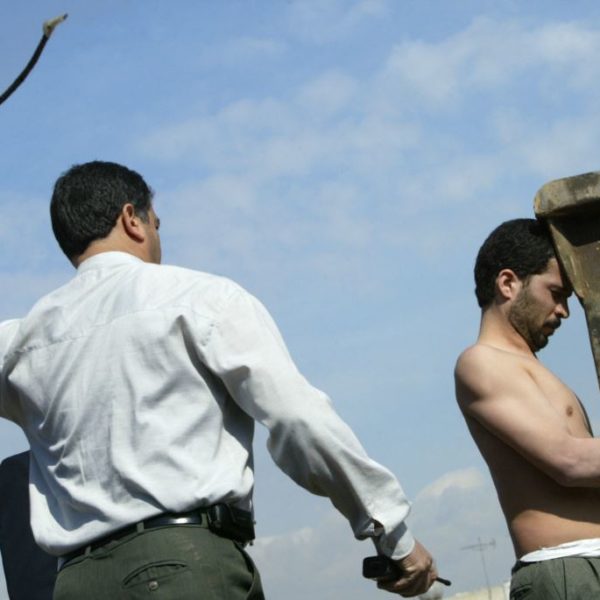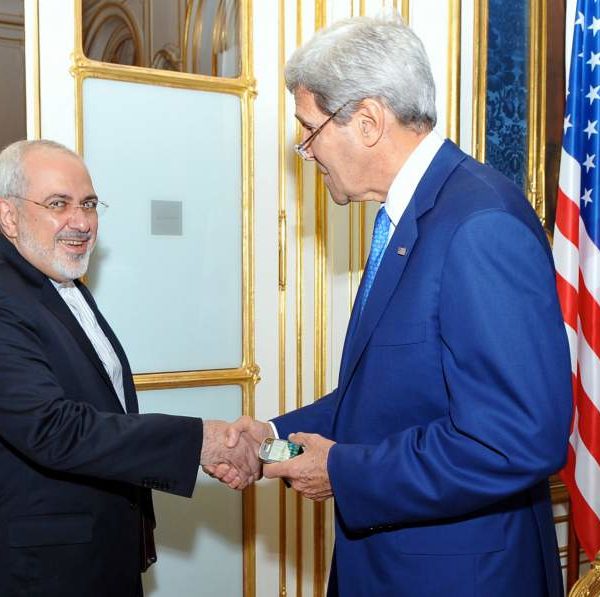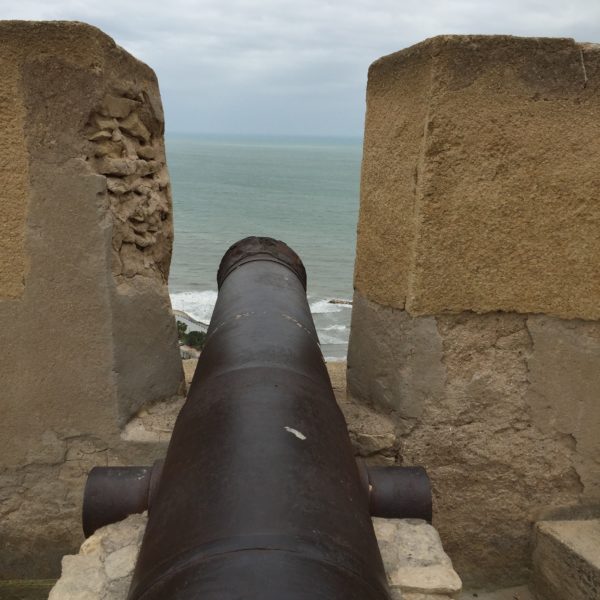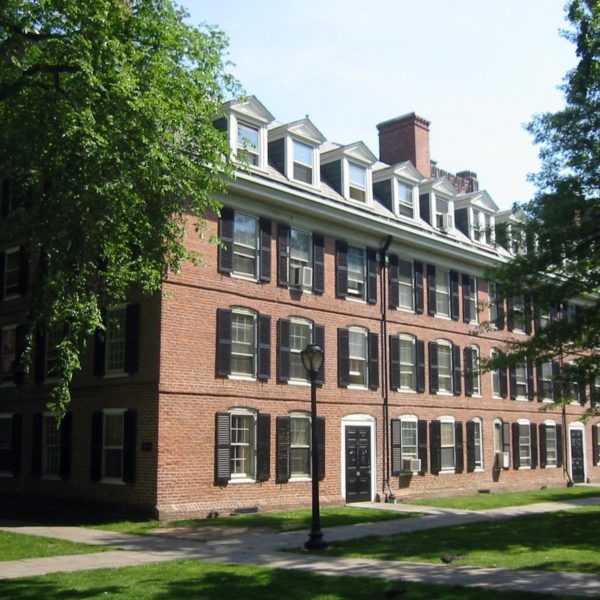
This course was conceived as a way to introduce undergraduates to the conversation about religion and politics in Western tradition. I wanted to give them a broad historical overview, with in-depth selections or snapshots to get at ways the relation between religious and political spheres has been conceived in different historical moments.
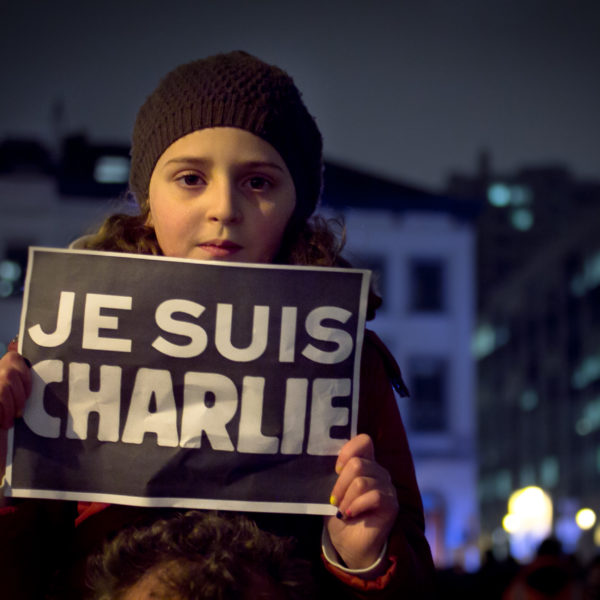
Within a few days following the shock of the terrorist assault on, and wanton slaughter of the staff of, the French satirical magazine Charlie Hebdo, the deeper crisis of Western liberal democracy—the crisis of universalism versus multiculturalism—surged into view.
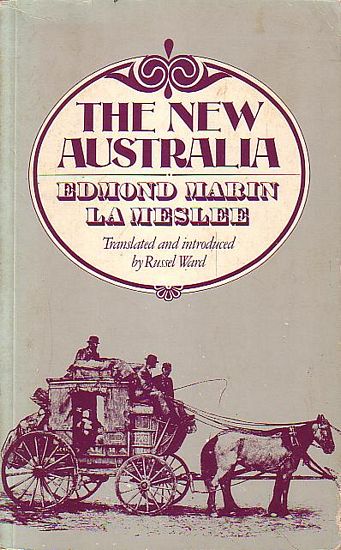
For decades now, we seem to have been living in “end”: the end of history, the end of ideology, the end of theory. Parties nominally of the left (“New Labour”, “Wall St Democrats”) joined those of the right to enforce “democracy” abroad and a “third way” of free market reliance at home. Ideologues and theorists had ceded decision-making to technocrats, and no one need worry about such esoteric matters as justice or fairness, since all we had to do was sit back and let a properly-tuned market deliver optimal outcomes to everybody.
…Stalin is unique among world communist leaders in at least one respect: he studied theology for five years at the Tiflis Spiritual Seminary, the training college for priests in the Russian Orthodox Church. He did so during a deeply formative time of his life, from the age of 15 to the verge of his 20th birthday (1894-1899). One of the best students, he was known for his intellect and phenomenal memory.
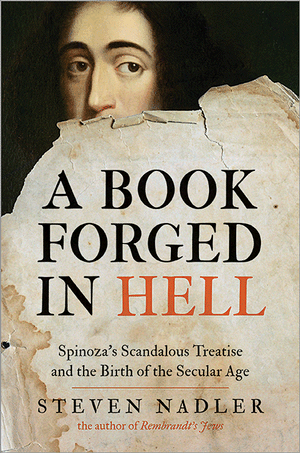
Writing in May, 1670, the German theologian Jacob Thomasius fulminated against a recent, anonymously published book. It is, he claimed, “a godless document” that should be immediately banned in all countries. His Dutch colleague, Regnier Mansveld, a professor at the University of Utrecht, insisted that the new publication was harmful to all religions and “ought to be buried forever in an eternal oblivion.” Willem van Blijenburgh, a philosophically inclined Dutch merchant, wrote that “this atheistic book is full of abominations … which every reasonable person should find abhorrent.” One disturbed critic went so far as to call it “a book forged in hell”, written by the devil himself.
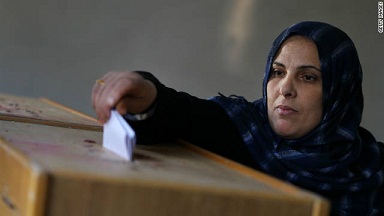
In the coming weeks, the Political Theology blog will be hosting a symposium on Political Theology and Islamic Studies, bringing together reflections from a number of leading scholars at the intersection of these fields. The editors are very grateful to our Contributing Editor, M. Owais Khan, and to Abbas Barzeger, for their long labors in putting together and editing this symposium. This first post introduces the questions to be discussed and the contributors who will be participating.
